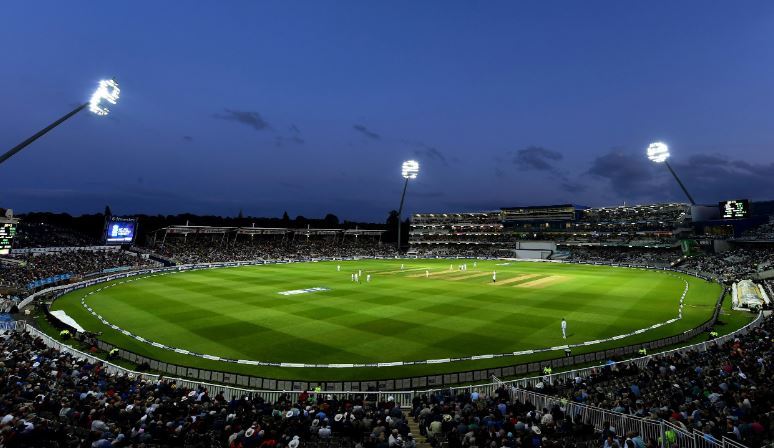If there’s one rivalry in cricket that everyone knows about, it is that between India and Pakistan.
Few sports rivalries in any sport are as well-known as this one, and the stakes are rarely as
high. Intense though it may be, the competition between these two teams has ultimately pushed
both of them to become better players.
Where exactly did this competition come from? And who will be the ultimate victor? Let’s take a
closer look.

The origins of cricket in India and Pakistan
Cricket first came to India in the late 18th century with the arrival of the British colonials. At that
time, the partition between India and Pakistan had not yet occurred, so they were still one
country. The sport started to take root in the area of current-day Mumbai. Gradually, it started
spreading to other parts of the country. By the 19th century, there were small-scale cricket
groups popping up in different regions, and it was starting to become competitive between
cities. Then India even started playing international tournaments, first with the British and later with other parts of Europe.
India and Pakistan separate
In 1947, India gained independence from the UK. Not long thereafter, the country split further,
and East and West Pakistan (current-day Pakistan and Bangladesh) were formed. As the sport
had already become popular throughout the region, it quickly took root in these newly founded
countries, as well. It wasn’t long before each country started forming its own particular culture
surrounding the sport. And both of them have a feverish intensity towards it.
Pakistan became a member of the Imperial Cricket Conference in 1948, and the two countries
started holding matches against one another soon thereafter. During the India-Pakistan war in
the late 1960s, matches were briefly halted for some time, but they resumed in full force in the
1970s. There have been several periods in between in which games have been suspended due
to political problems, and the two teams have often had to find neutral ground to play on,
outside of either of the two countries.
National cultures around the sport
Both India and Pakistan have extremely strong fan cultures surrounding cricket. For the Indians,
the love of the game has united disparate peoples from remote regions and diverse ethnic
groups across the country. And they particularly come together in solidarity against their
neighbor.
In Pakistan, the sentiment is similar. It is something that unites the country and gives them
reason for national pride. The two teams have played a total of just over 200 times. Interestingly,
comparatively smaller yet mightier Pakistan has beaten India 12 more times than India has
beaten them. It has truly become a point of independence for the country.
Both teams remain near the top of the sport, though. Along with the British, the Australians, the
United Caribbean team, and a few others, both of these teams retain coveted spots near the top
of the sport’s rankings. And it is likely in large part due to their rivalry with one another that they
manage to do so. Everyone anxiously waits to see who will win the next World Cup Cricket.
Put your money on it
With the rise of nationalist fervor in both countries has also come a sharp rise in the popularity
of betting on the game. There are now numerous sites that you can go to, not only in India and
Pakistan but around the world, to put your money on your favorite team. For example, if you
look for an IPL cricket betting app online, you should be able to find it easily.
There are also a lot of sites where you can go to educate yourself on the trends that are taking
place in the game. The more you learn, the greater the likelihood that you might be successful
at betting on it.
Who will win next?
India and Pakistan are closely matched in the sport. Time will tell what directions they take.
They also have stiff competition among the English, who are the inventors of the game, and
also countries like Australia who have more international titles than any other country. But one
thing is for sure: the competition will remain exciting, and it will keep fans on edge.
